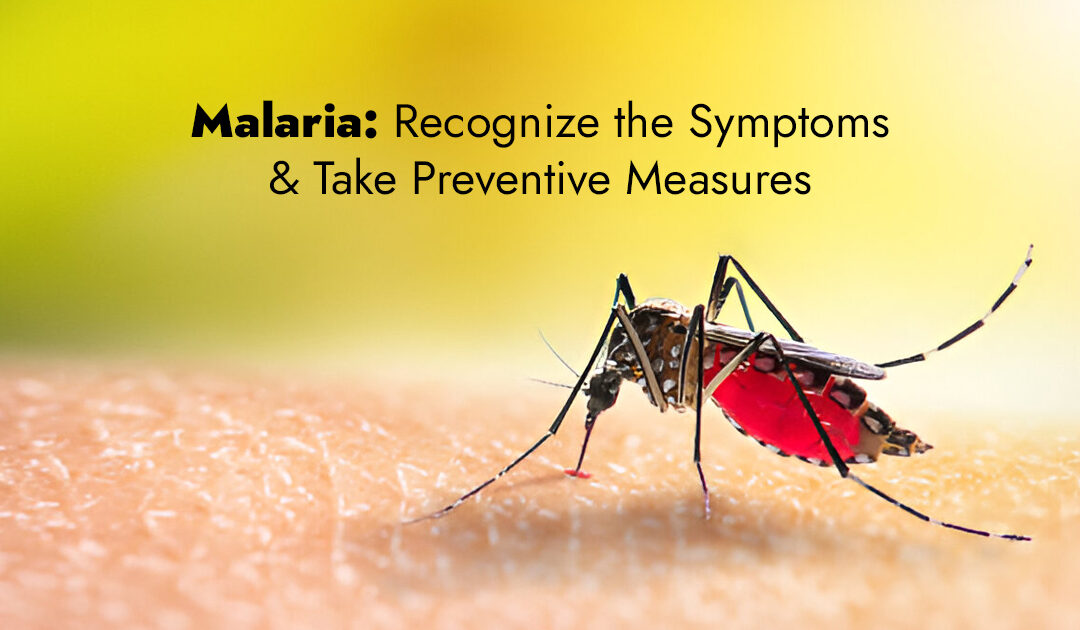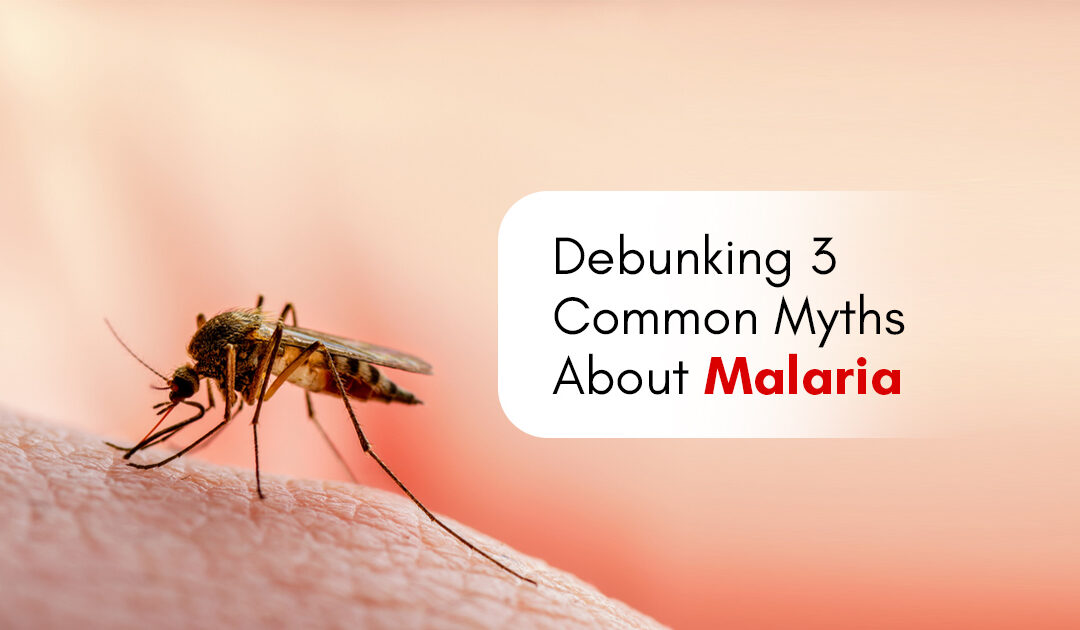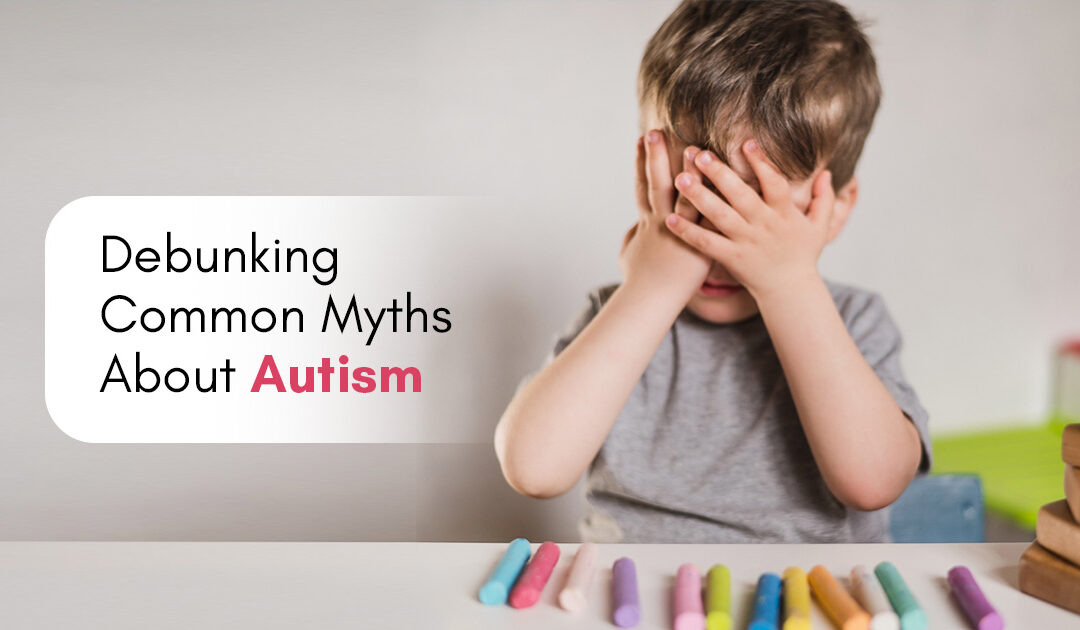Malaria is a deadly disease that can spread when a mosquito carrying microscopic parasites bites you. The mosquito injects malaria parasites into your circulation when it bites. Neither a virus nor a particular kind of bacteria may cause malaria; parasites can. Malaria can result in serious health issues such as convulsions, brain damage, breathing difficulties, organ failure, and even death if left untreated. This fatal disease happens in tropical climates where it is hot and humid. There were 627,000 malaria-related deaths worldwide in 2020, out of 241 million recorded cases of the disease. Most of these occurrences take place in South Asia and Africa.
What are the Signs & Symptoms of Malaria?
Malaria symptoms are comparable to those of the flu. Among them are:
- Sweating and having a fever.
- Chills that send shivers down your spine.
- Aches in the muscles and head.
- Tiredness
- Cough, breathing difficulties, and chest pain.
- Vomiting, nausea, and diarrhea.
- Anemia and jaundice (yellowing of the skin and whites of the eyes) can develop as malaria worsens.
Cerebral malaria is the most severe type of malaria that can lead to a coma. About 15% of infant deaths and almost 20% of adult deaths are of this sort.
Symptoms of malaria often manifest 10 days to 1 month following infection. The severity of the symptoms varies with the type of parasite. It can take a year for some people to experience symptoms from a mosquito bite. Sometimes, parasites can survive in the body for years without showing any signs. Depending on the kind of parasite, certain malaria forms may recur. After years of being dormant in your liver, the parasites are eventually discharged into your circulation. The moment the parasites start to circulate, the symptoms reappear.
How Can You Prevent Malaria?
Consult your doctor about taking malaria preventive medication if you intend to go to or live temporarily in a region where the disease is prevalent. The medications must be taken before, during, and following your stay. Taking medication can significantly lower the risk of contracting malaria. If you take these medications and still contract malaria, you are not eligible to utilize them as a treatment.
To prevent mosquito bites, you should also take preventative measures. In order to reduce your risk of contracting malaria, you should:
- On exposed skin, apply a mosquito repellent containing DEET (diethyltoluamide).
- Cover mattresses with mosquito netting.
- Install screens on doors and windows.
- Apply a permethrin insect repellent on clothing, mosquito nets, tents, sleeping bags, and other textiles.
- Cover your skin by donning long sleeves and long trousers.
A children’s vaccination was created and tested as part of a pilot program in Ghana, Kenya, and Malawi. The severe disease-causing Plasmodium falciparum malaria in children can be prevented using the RTS, S/AS01 vaccination. A vaccine against malaria is being developed by other programs.
Malaria can result in major health issues, including death and irreversible organ damage if it is not treated appropriately. If you believe you have malaria, or if you have traveled to a region where malaria is prevalent, you must get treatment immediately. Early intervention increases treatment efficacy significantly. Malaria can be treated and the illness eliminated from the body with the right drug and dosage. If a mosquito carrying the malaria virus attacks you after you have already had the illness once.
Although malaria can be fatal, there are things you can do to avoid getting it. By taking preventive medicine and shielding yourself from mosquito bites, you can reduce your chance of infection. Speak with your doctor a few weeks before your trip if you’ll be going somewhere where malaria is prevalent. If you are pregnant, this is really crucial. Take appropriate preventative measures and consult your doctor at the earliest in case of an infection.




